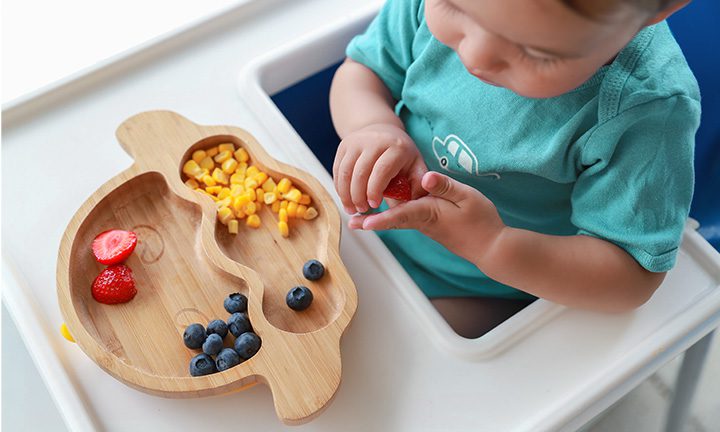The journey of parenthood is a profound experience marked by countless decisions, and one of the most crucial aspects is ensuring the proper nutrition of a newborn. Selecting the best baby food options becomes a paramount concern for parents aiming to provide their little ones with a healthy start in life. In this essay, we will delve into three key categories of baby food that stand out for their nutritional benefits and suitability for infant development.
Homemade Baby Food – A Nutrient-Rich Affair
Homemade baby food has gained immense popularity due to the control it offers parents over the ingredients and cooking methods. Preparing baby food at home allows for the use of fresh, organic produce, ensuring that infants receive a plethora of essential nutrients. Fruits, vegetables, and grains can be steamed, pureed, and combined to create a diverse menu that introduces babies to a variety of flavors and textures. Moreover, homemade baby food eliminates the need for preservatives, additives, and excessive sugars, promoting a diet that aligns with the principles of wholesome nutrition.
Organic Baby Food – Nature’s Finest for Tiny Tummies
The organic movement has transcended the boundaries of adult nutrition and found its way into the baby food aisle. Organic baby food is produced without synthetic pesticides, hormones, or genetically modified organisms (GMOs). This category emphasizes the use of natural ingredients, free from harmful chemicals, offering infants a clean and wholesome introduction to solid foods. Organic options are available in a wide array of flavors, and many brands ensure that their products meet stringent quality standards. Choosing organic baby food not only supports a child’s health but also contributes to the sustainability of agriculture and environmental conservation.
Baby-Led Weaning – Fostering Independence and Exploration





























